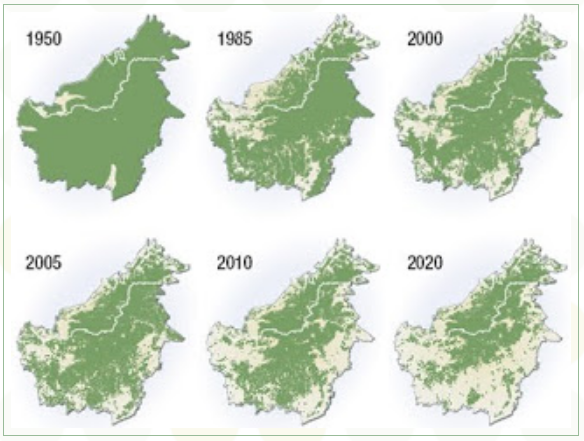There has been considerable discussion lately as to whether or not total collapse of the world’t economies will happen in the relatively near future. I think that is the wrong question. Let me explain.
Ecological collapse of the world’s ecosystem is a lead pipe cinch. It is already well underway and instead of slowing down, it is gaining momentum fast. Here are just a few examples from recent news.
‘Peak soil’ threatens future global food security
“Under business as usual, the current soils that are in agricultural production will yield about 30 percent less than they would do otherwise by around 2050.”
Surging food consumption has led to more intensive production, overgrazing and deforestation, all of which can strip soil of vital nutrients and beneficial micro-organisms, reduce its ability to hold water and make it more vulnerable to erosion.
Such factors, exacerbated by climate change, can ultimately lead to desertification, which in parts of China is partly blamed for the yellow dust storms that can cause hazerdous pollution in Asia, sometimes even severe enough to cross the Pacific Ocean and reduce visibility in the western United States.
“If we keep treating our soil the way we do, we will have to convert about 70 percent of the earth’s surface into agriculture to meet demand for food by 2050 (from about 40 percent now), Crawford said.
Crawford also noted that moderately degraded soil could only store about half the amount of water of good soil, adding to pressure on limited water resources.
Cheap fat may ‘spell doom’ for Africa’s great apes
Scientists warned Thursday that a palm tree with an oily fruit might “spell doom” for Africa’s great apes, thanks to demand for palm oil, a cheap fat often used as a replacement for trans fats.
But that land is running out.
“Everything is flattened, often burned. There are scars of burning that is completely devoid of anything. It’s like a biodiversity disaster zone,” Wich said. “It’s quite hard to see.”
The island of Borneo, below, the only habitat of the Orangutan, is almost deforested. The land has been cleared to grow palm oil. Only the central mountainous area remains for them to dwell. And those central slopes are today being cleared to grow more palm oil.
The only great ape, other than humans of course, outside Africa will be extinct in less than 20 years. And soon after that all the other great apes in Africa will be gone also.
Read More
